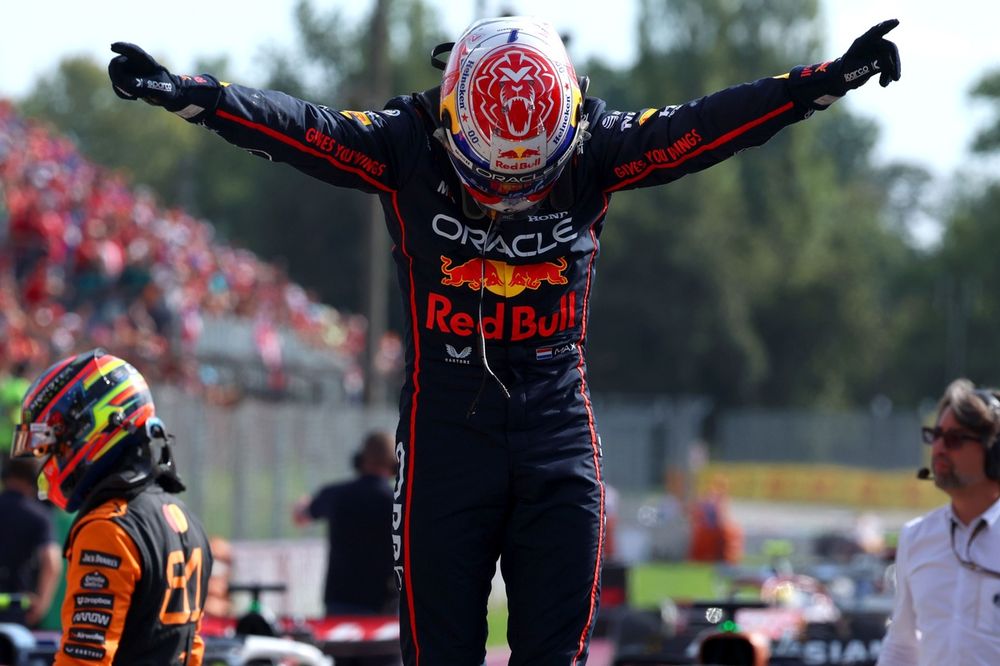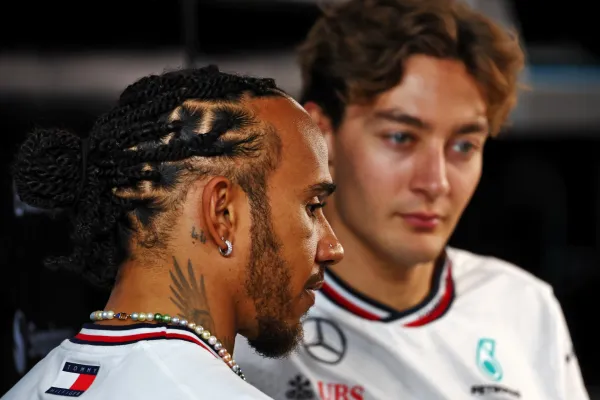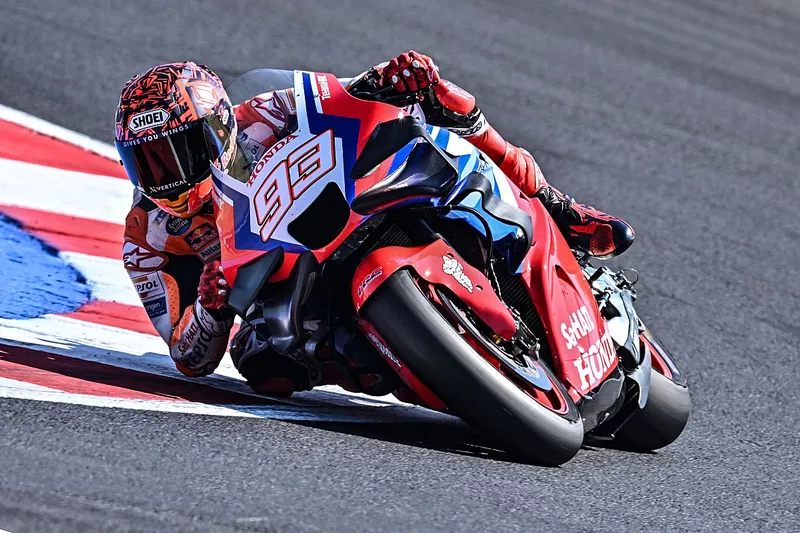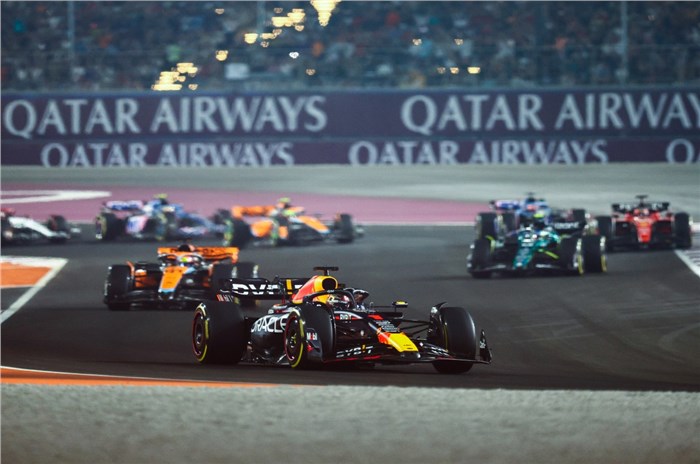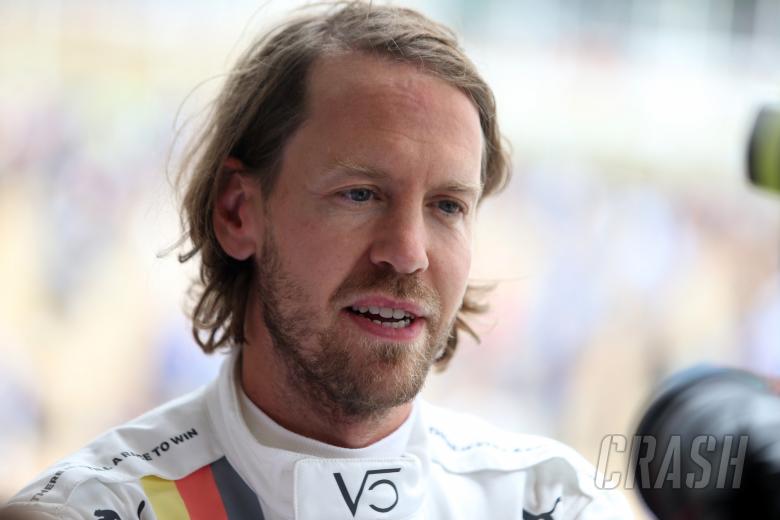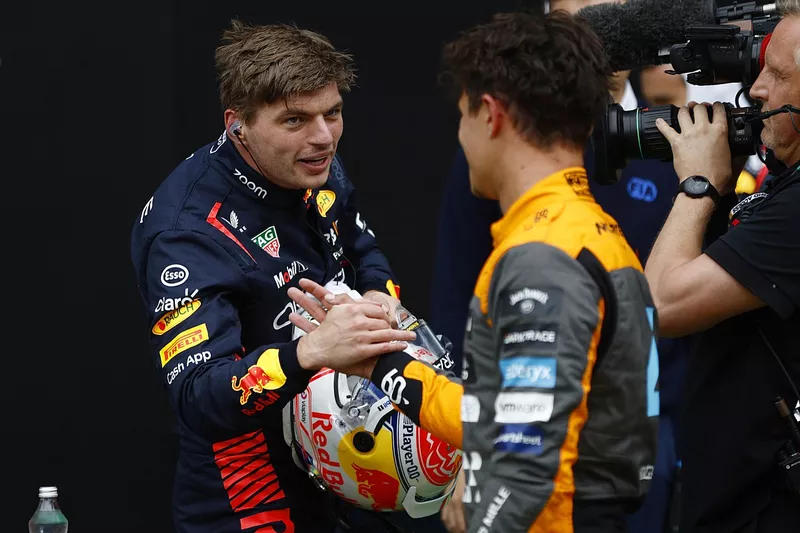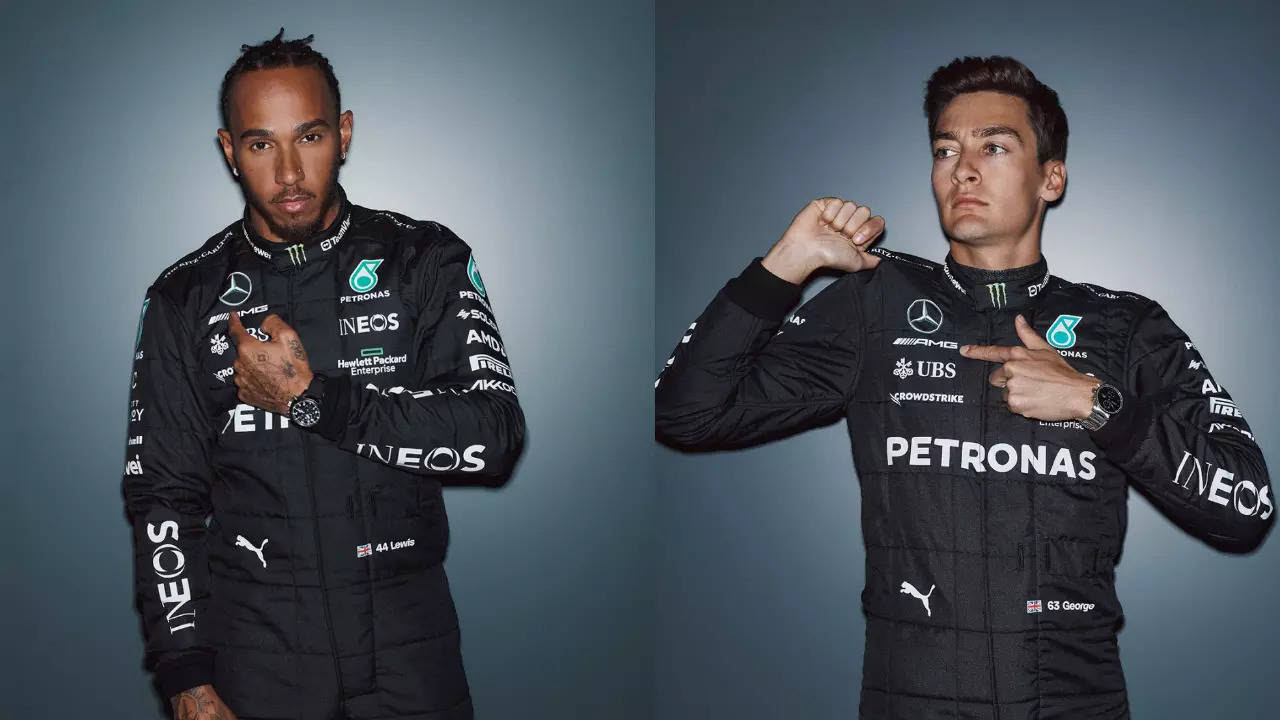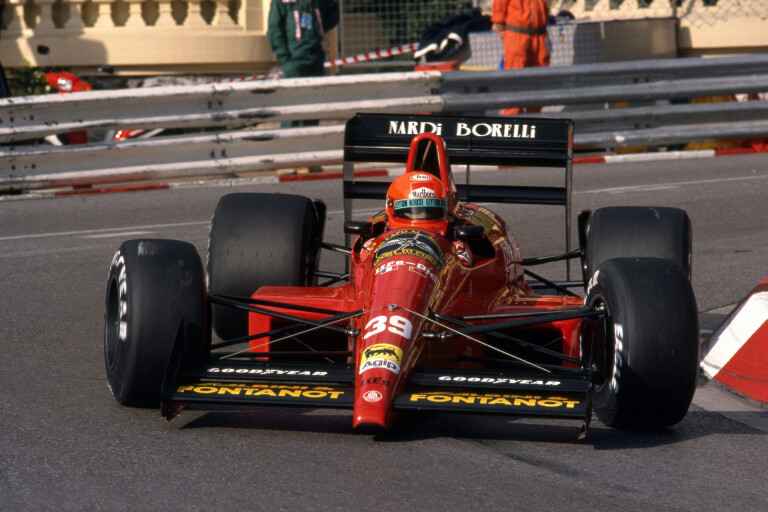The New Red Bull Philosophy Behind Verstappen’s Surprise Italian GP Win
Setting the Stage at Monza
The Italian Grand Prix is a race that is usually remembered as unpredictable, and the one this year at Monza gave one more twist to the story of Formula 1. Although Ferrari went into the weekend full of confidence in front of their home fans, it was Max Verstappen and Red Bull who went away with the headlines. The win of Verstappen was not achieved by pure dominance, but by a new philosophy of the team that enabled Red Bull to think and outsmart their opponents at the right time.
Both fans and pundits were surprised by the tactical acuity and flexibility Red Bull showed, and the victory was less about pure speed and more about action. This change of direction may re-establish the manner in which the current champions approach future races.
Red Bull’s Shift in Mentality
During the majority of the title-winning years of Verstappen, Red Bull was using a car that was faster than the rest with better aerodynamics and engine performance. At Monza they were not to be the out-and-out fastest. Ferrari was fast in practice, and McLaren threatened to make an issue of their straight-line performance.
This was acknowledged by Red Bull, which changed. The team did not concentrate on the creation of a qualifying advantage but rather on consistency of race pace, tire management, and strategic flexibility. Team principal Christian Horner later explained, “We knew Monza wasn’t going to play to our traditional strengths, so we had to think differently. The emphasis was on balance and making sure Max had a car that could respond in all scenarios.”
This attitude was a slight yet significant shift in their philosophy of domination by speed.
Verstappen’s Execution
Verstappen, on his part, did not fail. He began far behind the Ferraris and waited his time instead of making premature overtures. His patience coupled with the faith of Red Bull in their tire management strategy was decisive. Verstappen took his chance when the strategy of Ferrari started to collapse under the pressure of dealing with degradation.
After the race, Verstappen reflected, “It wasn’t about pushing flat out every lap. It was of dominating the race, of taking care of the tires, and of being prepared to strike when the time should come. That’s what we did today.”
The remark was a demonstration of the maturity that has since characterized the transformation of Verstappen from an aggressive young driver to a calculated champion.
Strategy Over Sheer Pace
The turning point was the middle of the race when Ferrari chose an aggressive strategy in the pit stop in which he hoped to undercut Red Bull. Red Bull did not react instantly, but instead held their nerve, extending the stint of Verstappen and relying on their long-run simulations. The risk was rewarded because Verstappen was back on the track with new tires, and he was able to make an assault in the final stages.
This strategy emphasized the thoroughness of the data analysis of Red Bull and their readiness to make calculated risks. Previously, the team could have banked on Verstappen to simply outpace the competition. At Monza, patience, faith in the numbers, and a perfect execution were the combination that brought the win.
A Blow to Ferrari at Homecoming.
In the case of Ferrari, it was a pill to swallow. The Scuderia had over-hyped their own home win, only to be outwitted in front of the rabid Tifosi. Their car was fast, but they were again exposed to strategic mistakes and increased tire wear.
The difference between the reactive decision-making of Ferrari and the calm execution of Red Bull narrated the race. Red Bull managed to win even in the circumstances that should have been in favor of Ferrari.
Lessons for Red Bull’s Rivals
The implications of the new philosophy of Red Bull at Monza are for the rest of the grid. They have demonstrated that few teams can match their versatility by demonstrating that they can win races even when they do not have the fastest car. McLaren, Mercedes, and Ferrari might have to re-evaluate their own strategies and learn that it is not merely a matter of bridging the gap in performance but also of matching their strategic flexibility to Red Bull.
As one analyst noted during post-race coverage, “Red Bull didn’t just beat Ferrari on the track. They thumped them in the garage, on the pit wall, and in the manner in which they read the race. That’s what makes them so dangerous.”
Verstappen’s Growing Legacy
This victory is another addition to the legacy of Verstappen. His past victories were mostly dominated, but this one demonstrated that he could be patient and precise to win. That aggression/composure ratio is what makes great drivers and great legends.
Verstappen himself acknowledged the importance of the victory, saying, “Winning here is always special, especially when you’re not the favorite. It demonstrates the power of the entire team. We can win in different ways, and that’s a good sign for the future.”
His words were full of pride in the flexibility of Red Bull and a belief that they have opened another chapter to their championship-winning formula.
Looking Ahead
The Italian Grand Prix was not the quickest or the most glittering victory of Verstappen in his career, but it was one of the most important. It highlighted the fact that Red Bull could be developed, could think beyond pure speed, and could make wins with brains as well as with legs.
With the season approaching its last leg, competitors will be on the alert. Should Red Bull manage to triumph at Monza when Ferrari and McLaren are pressurizing it, there can be not many circuits where they will not be able to adjust to a winning formula.
Conclusion
The surprise Italian GP win of Max Verstappen was not based on brute force but on a new Red Bull philosophy of strategy, patience, and adaptability. By outwitting Ferrari on their own field, Red Bull made a statement: they are not only the fastest team anymore but also the smartest.
To Verstappen, it was another stride to becoming one of the all-time greats. To Red Bull it was evidence that they are not restricted to circuits that favor their car, but to any race where wit can win over brute pace.
Red Bull might have simply rewritten the playbook in Formula 1, where every advantage matters.
